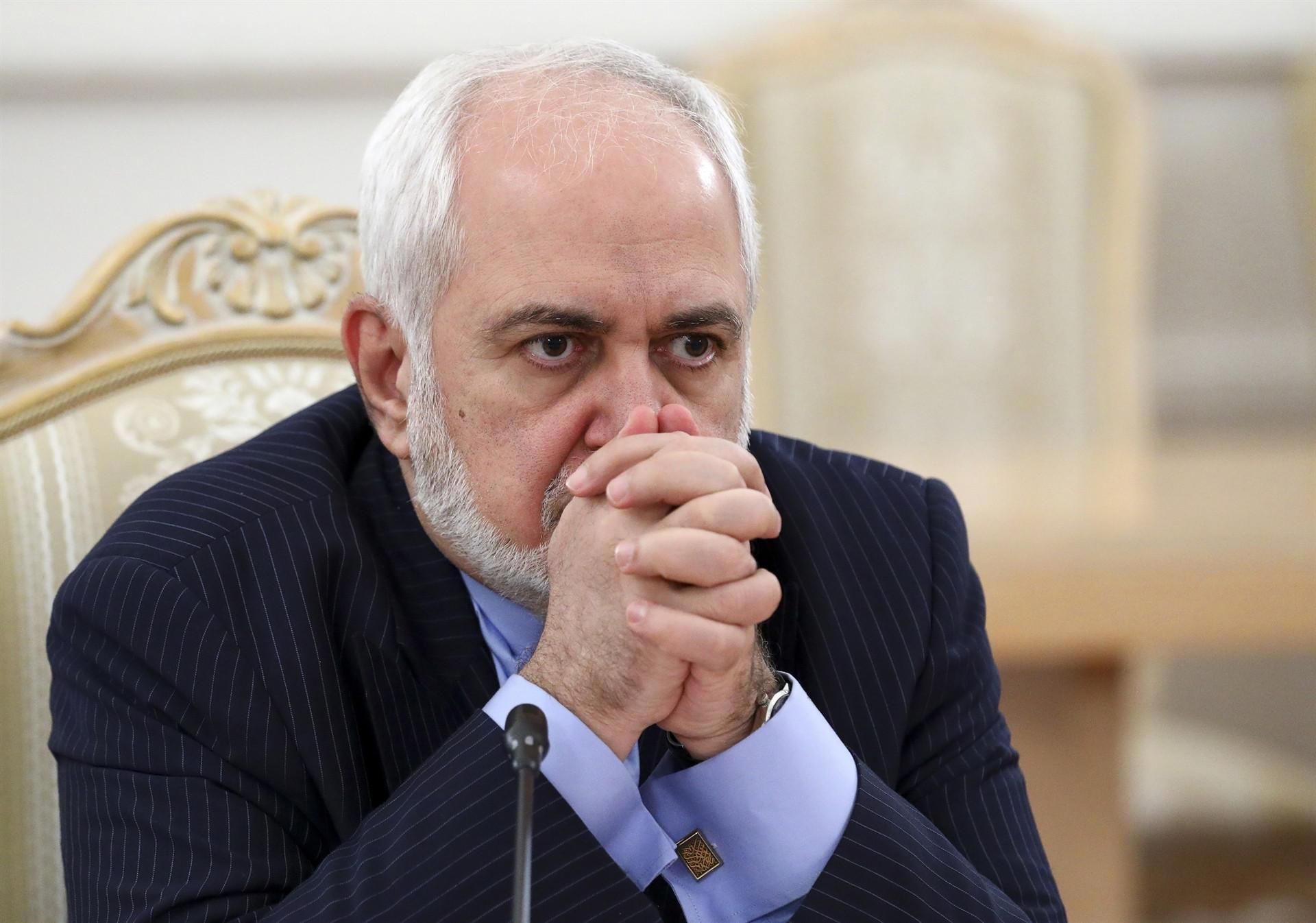
After coming under fire from Iran’s supreme leader, the country’s foreign minister offered him a direct and extensive apology on May 2 for recorded comments leaked to the public last week.
The recordings that surfaced of Mohammad Javad Zarif, including a blunt appraisal of the country’s internal power struggles and criticism of the powerful late Iranian Gen. Qassem Soleimani, have sent shock waves through Iran less than two weeks before presidential elections. Officials in the Islamic Republic carefully mind their words amid a cut-throat political environment that involves the powerful Revolutionary Guard, ultimately overseen by the country’s supreme leader.
“I am so sorry," Zarif wrote in an Instagram post, “that part of my comments were stolen and published for misuse by enemies of the country and its people, and that it caused you, supreme leader, to feel regret."
The statement came after Supreme Leader Ayatollah Ali Khamenei appeared to lambast Zarif in a televised speech on May 2.
In his address, Khamenei refrained from calling out Zarif by name. But he described “a big mistake that must not be made by an official of the Islamic Republic," noting that the leaked comments “are a repetition of what Iran’s enemies say.”
“Some remarks have been heard from officials that are regrettable and surprising," he added.
Zarif’s Instagram apology followed an earlier one to the family of Soleimani, who was killed by a U.S. drone strike in Iraq last year. In the post, he repeated that the leaked seven-hour conversation was never meant for release. He expressed remorse for departing from Iran’s official line, acknowledging that “following the supreme leader’s suggestions and decisions is an undeniable necessity.”
He added: “Your comments are the final say on all matters for me and my colleagues. As an expert in foreign relations, I always believe that it should be managed and guided by the superior.”
Zarif’s criticism of the revered Soleimani, whose funeral processions in Iran drew millions of people to the streets, ignited instant controversy. In the recordings, Zarif takes issue with Soleimani’s relations with Russia, which he accused of trying to sabotage Tehran’s 2015 landmark nuclear deal with world powers. He also denounces Soleimani’s refusal to stop using the U.S.-sanctioned national carrier, Iran Air, for operations in war-torn Syria despite Zarif’s objections.
Speculation had mounted in recent weeks that Zarif, the Iranian official most closely associated with the now-tattered nuclear agreement, would challenge hard-liners in the upcoming vote. But Khamenei’s censure of the foreign minister is likely to dismiss any such ambitions, as the Guardian Council, a body of senior clerics and legal experts that serves under Khamenei, vets candidates for office. Zarif has insisted he doesn’t want to run.